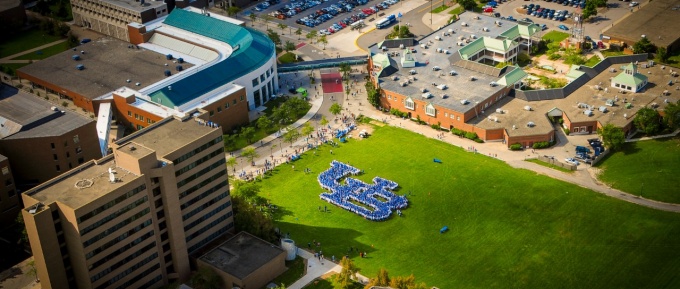Comparative Literature at UB

For more than fifty years the Department has been known for theoretical and philosophical studies of literature and culture from Ancient Greece to 21st century.
We have created a vibrant intellectual community of internationally recognized faculty and talented graduate students from all over the world. Rooted in rich traditions of Continental thought and interdisciplinary approaches to literature such as psychoanalysis, poststructuralism, feminism and gender theory as well as genocide studies, Comparative Literature prepares its students knowledge and analytic tools to confront vital problems in the globalized world.
Our Students
The diversity of our graduate students reflects the Department’s international reputation and importance. In addition to US and Canada, our MA and PhD students come from many areas of the world such as China, Pakistan, India, Turkey, Korea, Chile, Argentina, Colombia, Iceland, Romania, and Poland. We recruit highly motivated and talented students, who, in addition to their own intellectual projects, develop a strong sense of community and lifelong friendships.
Our Faculty
Comparative Literature faculty are internationally renowned and have been recognized for their scholarship with awards such as the Humanities Fellowships, SUNY Distinguished Professorship, Excellence in Mentoring or being named as one of the 100 “most daring cross-disciplinary thinkers in the world.”
Our History
Comparative Literature began as a program in 1977. It became a department in 1996.
Student Testimonials
"To me Comparative Literature is a chance pursue interdisciplinary work and a way to challenge canonized approaches to theory and literature. It calls for constant dialogue between languages and fields both within and outside of academia."
-Mairéad Farinacci, MA Student
"Comp Lit was interdisciplinary before interdisciplinarity became a trend."
- Program Alumnus